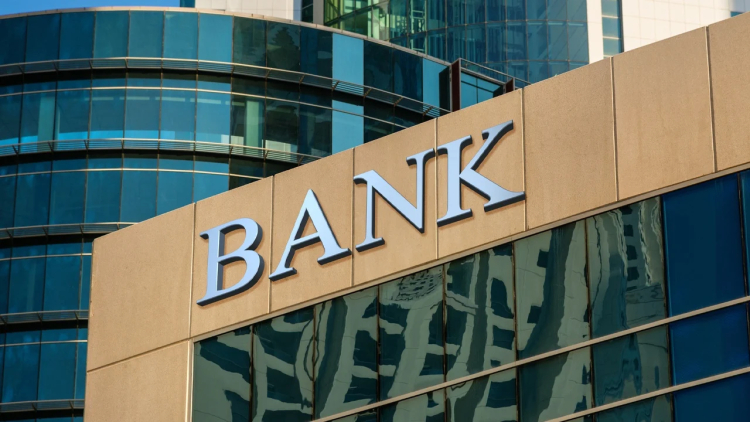Big Banks vs. Bitcoin: The Battle for Financial Freedom
Bitcoin challenges big banks with decentralization and financial freedom. Discover how this battle shapes the future of money and personal sovereignty.

Big Banks vs. Bitcoin: The Battle for Financial Freedom
For decades, traditional banks have dominated global finance, controlling savings, dictating loan terms, and profiting off money they create out of thin air. However, Bitcoin has disrupted this monopoly, offering a decentralized alternative that threatens the financial elite’s hold on power.
The Threat of True Decentralization
Bitcoin is not just a currency; it’s a movement. As a decentralized, borderless, and permissionless digital asset, it eliminates the need for intermediaries like banks. Transactions occur directly between users, reducing costs and empowering individuals. This threatens the legacy financial institutions, whose business models rely on acting as middlemen and charging fees for every transaction.
The very essence of Bitcoin is freedom—financial sovereignty beyond the control of banks or governments.
Big Banks Fight Back
To maintain dominance, big banks and governments have launched multi-pronged attacks:
1. Smear Campaigns
Media narratives claim Bitcoin is for criminals, harms the environment, and destabilizes economies. However, critics conveniently ignore the global banking system’s role in laundering money, its massive energy consumption, and its historical financial crises.
2. Regulation and Surveillance
Governments propose tight regulations and promote Central Bank Digital Currencies (CBDCs) as "safe" alternatives. Unlike Bitcoin, CBDCs are centralized and enable unprecedented government control over financial transactions, undermining individual privacy and freedom.
3. Market Manipulation
Big institutions manipulate crypto markets by entering, inflating prices, and exiting strategically, eroding trust in decentralized assets while buying Bitcoin at low prices during dips.
4. Co-opting the Movement
Banks now offer "crypto services," but their goal is centralization. By controlling access to Bitcoin, they seek to influence its narrative and limit its disruptive potential.
Why Bitcoin Still Wins
Bitcoin’s decentralized nature ensures resilience. Unlike banks, it doesn’t rely on trust or intermediaries. Its transparent, immutable code operates independently, offering a fairer financial system.
Every attack by banks or governments inadvertently validates Bitcoin’s purpose: a financial system that prioritizes individual sovereignty over institutional control.
The Future of Financial Freedom
The battle between big banks and Bitcoin is far from over. While banks push CBDCs, regulations, and propaganda, Bitcoin continues to stand as a symbol of financial freedom, privacy, and innovation.
In a world of inflation and corporate greed, Bitcoin represents hope—a chance to reclaim power from institutions and create a more equitable financial future.
So the next time you hear a bank executive criticize Bitcoin, remember: they’re not afraid of it failing—they’re terrified of it succeeding.
What's Your Reaction?















